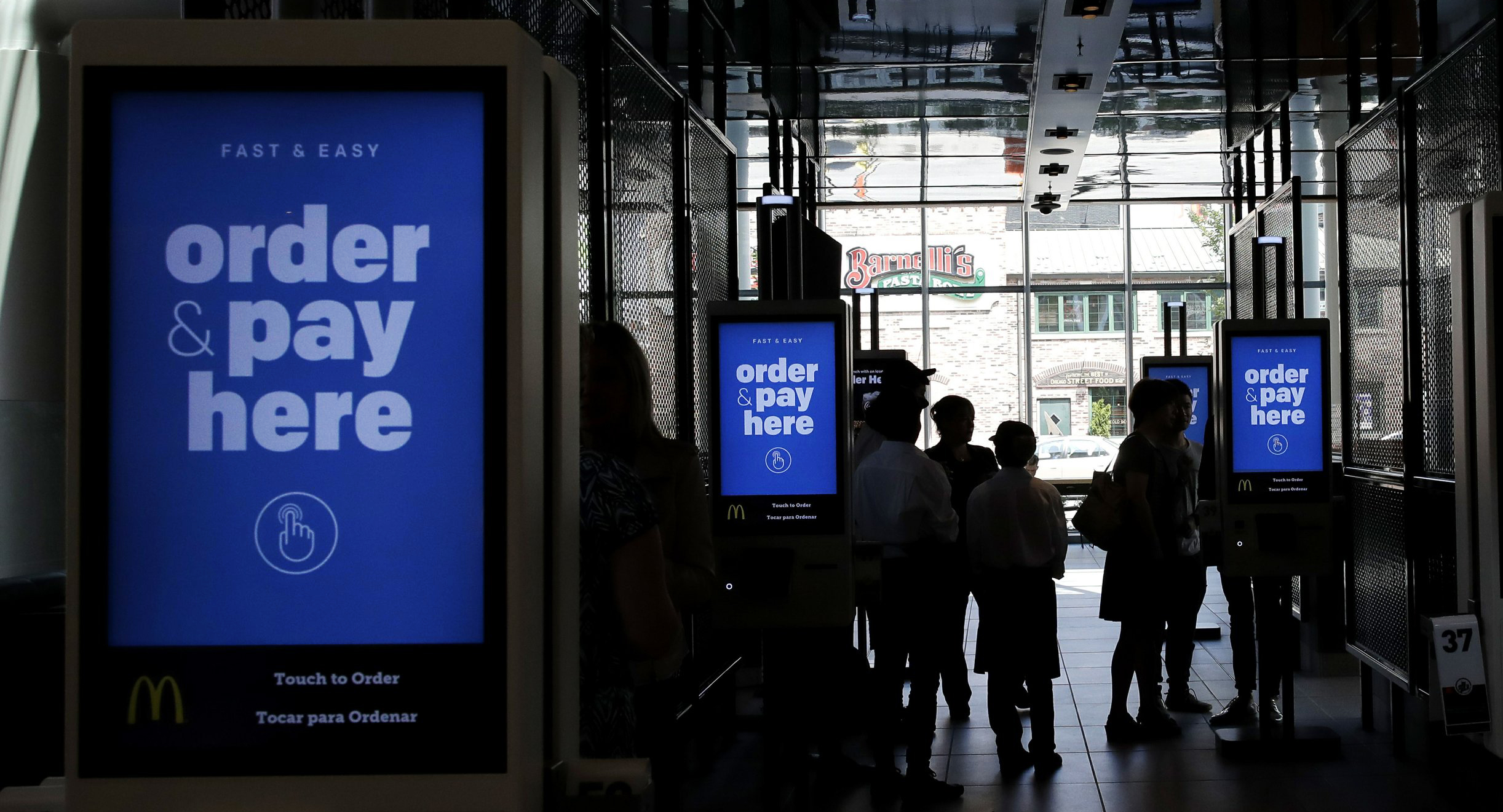Kerby Anderson
Will robots destroy jobs and put all of us in the unemployment lines? Some futurists seem to be predicting this scenario. Jay Richards disagrees. He says it is an old argument that is new again. He is the author of the book, The Human Advantage: The Future of American Work in an Age of Smart Machines.
One report predicts that; “The future of robots appears to be a dystopian march to rising inequality, falling wages, and higher unemployment.” A number of books warn of the “rise of robots” and even suggest this new technology will lead to the death of capitalism.
Jay Richards acknowledges that we have a coming disruption that could be as abrupt as the Industrial Revolution. But looking back, we can see that previous revolutions didn’t lead to the end of employment. They often provided new jobs without the boredom and danger of the past. At the founding of this country nearly 95 percent of Americans got by on farming. Today, the American population is ten times larger while only 1 percent of the US population works on farms.
If it is true that technology leads to permanent unemployment of the masses, the history of the last few centuries would be a history of joblessness. That is not true. But some politicians accept the faulty premise that jobs will be scarce, and therefore have proposed the idea of a universal basic income that would essentially put millions more on welfare.
One obvious problem would be money. The government is going broke right now with various entitlement programs. Expanding that is economically unrealistic. Do we really want to pay millions more in this country to not work?
The lesson for government and education is to stop training kids to do jobs that robots will be doing in a few years. The lesson for parents and their children is to focus on developing skills a robot could never take away from them.
 Listen Online
Listen Online Watch Online
Watch Online Find a Station in Your Area
Find a Station in Your Area











 Listen Now
Listen Now Watch Online
Watch Online
